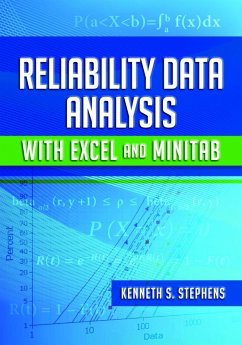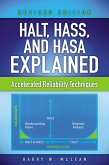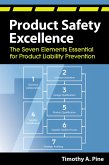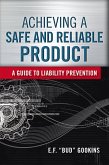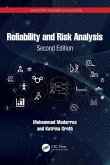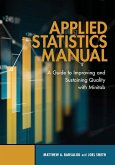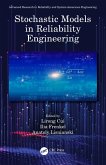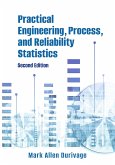Many reliability engineers are gainfully employed in considerations of the physical nature of components and systems-bringing to bear theories and methodologies of physics, electronics, mechanics, material science, chemistry, and so on. But when a product has been designed and manufactured, its performance in terms of durability, strength, and life become a matter of test, measurement, and analysis. Statistical theories and methodologies provide a large number of analytical tools to assist the reliability engineer in studying the performance of products and the fruits of the physical considerations, even revealing further improvements that can be made in the physical properties. Hence, reliability is a multidisciplined field of endeavor. Statistical theories and methodologies allow estimation of important characteristics as well as levels of confidence or assurance (or lack thereof) with respect to the estimations. They also provide direction in actions necessary to improve estimates and confidence levels if results are too variable to render important decisions. Some derivations are contained in this text, but the approach here is meant to be more practical, in following each topic introduced and expanded with examples. On each topic covered, reasonably practical examples are used to illustrate and demonstrate the procedures introduced and discussed. For all of these examples either Excel files or Minitab files or both have been prepared (available from Quality Press). They can be readily accessed and opened directly in their respective software packages to permit the preparation of new files specifically for use by the reader. "This book provides a much-needed theoretical text to aid advanced reliability engineering data analysis. Applications using Excel and Minitab support a broad span of probability applications for reliability data analysts. I most strongly recommend this book for seasoned Six Sigma Black Belts or statisticians who must support Design for Six Sigma applications for new product development projects. It's rich in food for thought as well as providing a most nourishing banquet for consumption by engineers --- it is not for light reading as a snack, but it must be consumed as a seven-course meal!" Gregory H. Watson Chairman, International Academy for Quality ASQ Past-President and Fellow
Dieser Download kann aus rechtlichen Gründen nur mit Rechnungsadresse in A, D ausgeliefert werden.

